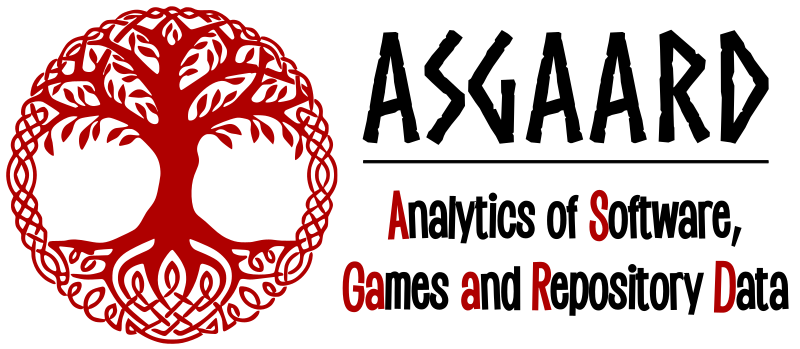Li Hao’s paper “An Empirical Study of Yanked Releases in the Rust Package Registry” was accepted for publication in the Transactions on Software Engineering (TSE) journal! Super congrats Li Hao! This was a collaboration with Filipe R. Cogo from the Huawei Centre of Software Excellence.
Abstract:
“Cargo, the software packaging manager of Rust, provides a yank mechanism to support release-level deprecation, which
can prevent packages from depending on yanked releases. Most prior studies focused on code-level (i.e., deprecated APIs) and
package-level deprecation (i.e., deprecated packages). However, few studies have focused on release-level deprecation. In this study,
we investigate how often and how the yank mechanism is used, the rationales behind its usage, and the adoption of yanked releases in
the Cargo ecosystem. Our study shows that 9.6% of the packages in Cargo have at least one yanked release, and the proportion of
yanked releases kept increasing from 2014 to 2020. Package owners yank releases for other reasons than withdrawing a defective
release, such as fixing a release that does not follow semantic versioning or indicating a package is removed or replaced. In addition,
we found that 46% of the packages directly adopted at least one yanked release and the yanked releases propagated through the
dependency network, which leads to 1.4% of the releases in the ecosystem having unresolved dependencies.”
See our Publications for the full paper.
